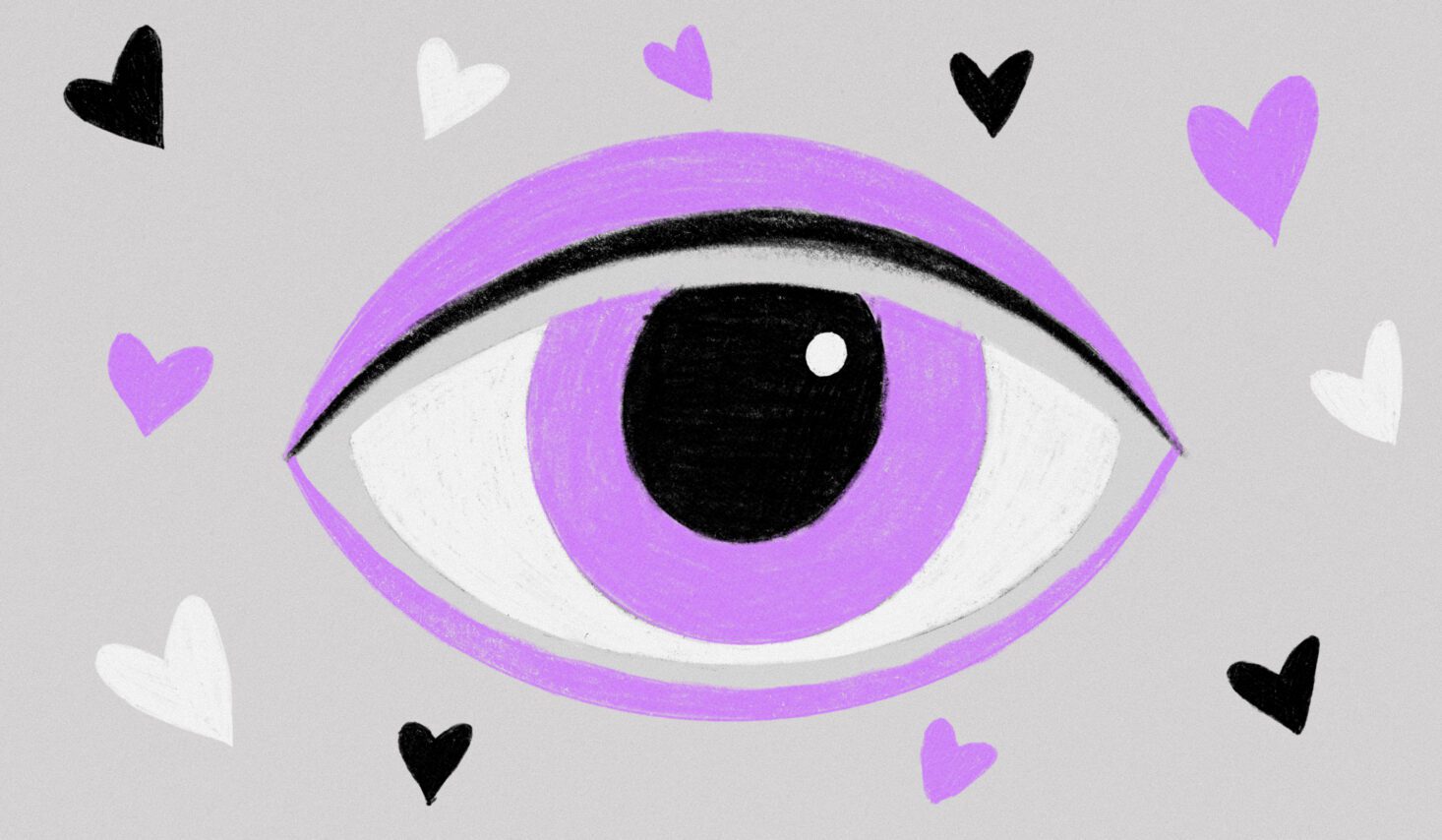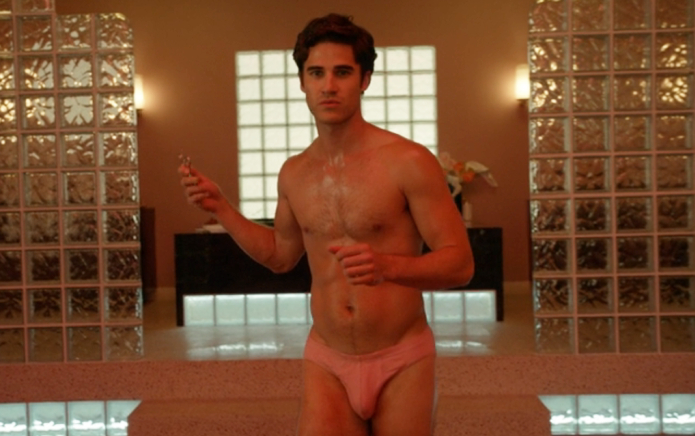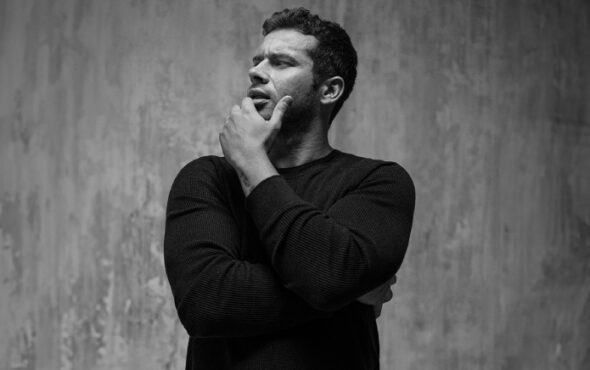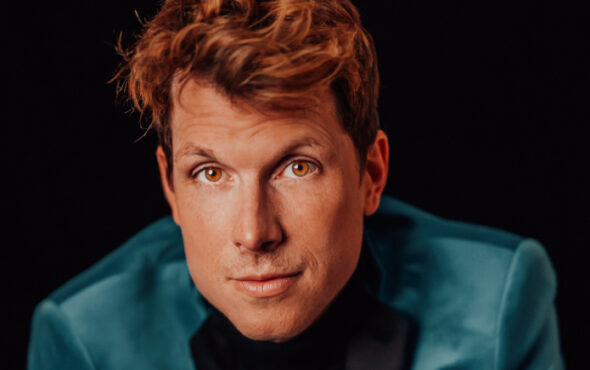
I spent so much of my life wondering when I was going to get my foot-popping kiss, ever since I first watched The Princess Diaries. Everything I came across had me poised to expect fireworks. Then, when it finally happened, aged 18 in the back of an Uber in Melbourne, I was confused. I was expecting my first kiss to awaken something inside of me. I thought there would be fireworks. I thought I would hear Sixpence None the Richer’s ‘Kiss Me’ on a loop in my head. But, there was nothing. No hunger or desire; there was only neutrality.
As you can imagine, this was bewildering to me. I had been falling for this person over the past year. I had romantic feelings for them, so I just assumed that I was physically attracted to them as well. After all, that’s usually how it’s supposed to go. The difference between physical and emotional attraction was so unfamiliar to me and I didn’t want to confront these feelings.
Looking back, during my late teens I had an inkling that I did not experience sexual attraction like the people around me. I considered every feasible possible label that I had heard of. I questioned if I was attracted to women, but I wasn’t wired that way. Little did I know, I was not wired in any way. Nobody around me spoke of asexuality outside of it being the butt of a joke, so I continued living my life assuming I was allosexual – that is, that I experienced sexual attraction in a manner that society deems to be “normal”.
Despite what I was beginning to realise inside, I tried so hard to prove to others that I was a sexual person. I went from wearing turtlenecks and cutesy dresses to wearing low-cut tops, in an attempt to appeal to the male gaze. I had such a desire for male validation and to have men find me attractive, in an experience that now feels disingenuous to me. In some ways, I relate to the experiences of women who love women. Not only does the world assume that most women are straight, pushing them towards prioritising potential sexual and romantic relationships with men, it also assumes that women are allosexual – something I’ve experienced first-hand.
Due to these external pressures, I continued to ignore my growing awareness of my own sexuality. That was until a few years later, during a YouTube deep dive in lockdown. Scrawling Buzzfeed videos, I stumbled upon a video on what it means to be demisexual – an orientation where individuals only feel sexual attraction after developing an emotional or romantic bond with someone. Intrigued at this new phrase, I sat through the 8-minute explainer and, by the end, felt like I had solved a mystery about myself. While demisexuality and asexuality aren’t interchangeable identities, the exposure to alternate ways of experiencing attraction was eye-opening.
Memories of years of repressed asexuality came flooding into my mind. From refusing to hook up with people at parties and the discomfort I felt around masturbation, to the utter neutrality I felt during my first hook-up, it all started to make sense. I suddenly knew why I was more concerned with other people’s sexploits than my own – and I now had the language to distinguish between romantic attraction and sexual attraction. I finally understood myself better.
After all, when I was growing up, my queer peers were able to look to gay and bi characters on mainstream shows like Glee – but I didn’t have the same privilege of seeing my asexual experience reflected back to me on screen. In more recent years, coming-of-age queer dramas, featuring ace characters, have made me feel understood and accepted. I even came out as asexual online after discussing how Ca$h from Heartbreak High helped me come to terms with my identity.
It is not overexaggerating to say that moment was the smartest choice that I have ever made. By sharing my experiences, I felt empowered to challenge how the media depicts asexuality and help other people come to terms with their own identity. Now that a new ace generation is opening up about our identity and demanding more on-screen representation, I hope this will bring more discussion and awareness and that asexuality will no longer be the lost letter of the queer acronym.



